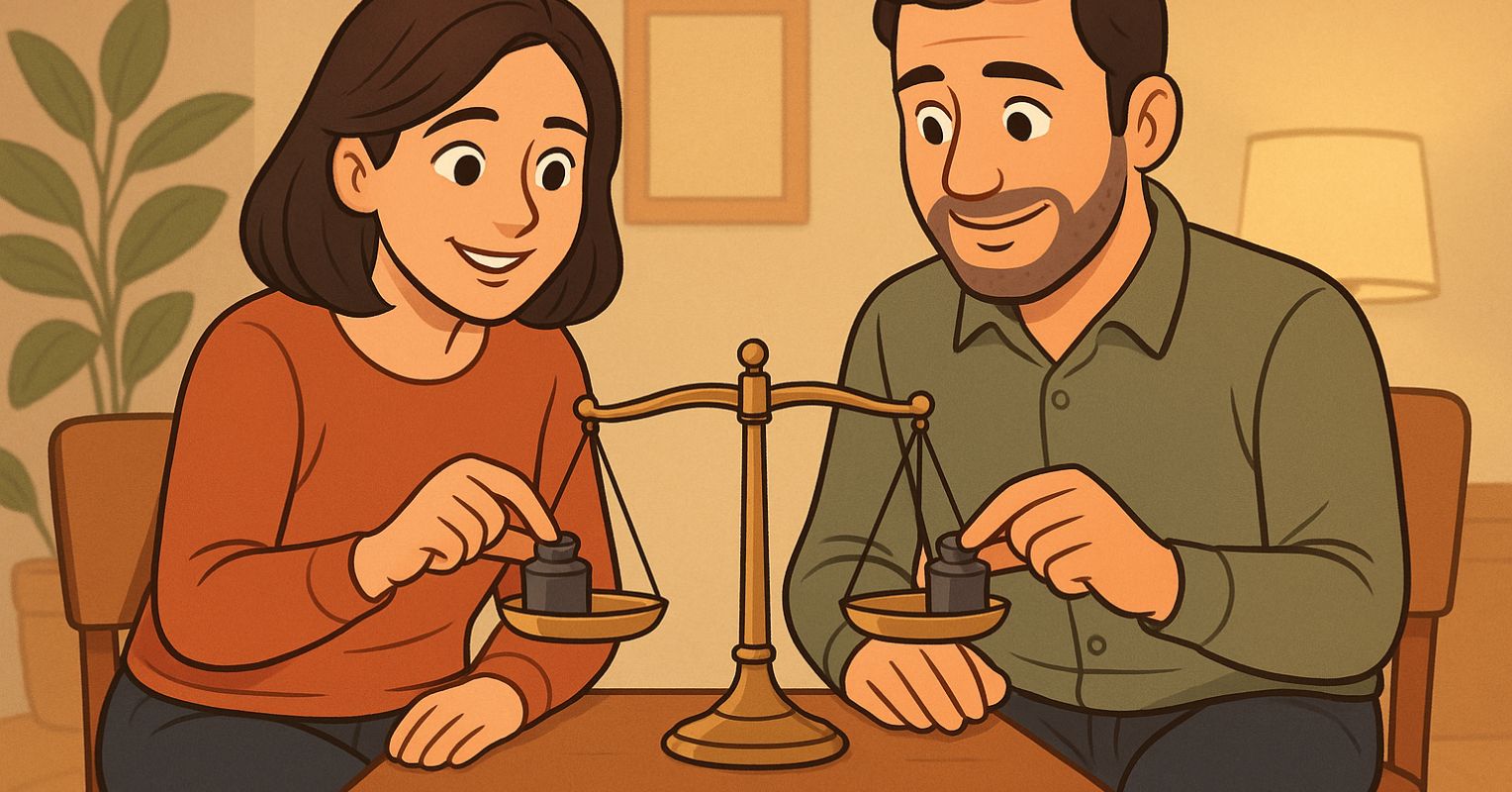
"It's common to feel like a relationship should be fair. Fairness in a relationship would mean that each person gets an equal amount of whatever's good about being in a relationship, and because of this, there should be nothing to complain about. Fairness means each partner is treated without favoritism or discrimination, and fairness is in direct opposition to unfairness, and if something is unfair, that means it's bad, and if unfairness is bad, then fairness is good,"
"We might complain that we do the majority of the cooking and cleaning, and we feel like it's not fair our partner doesn't share in this duty, but the reality is that we might enjoy cooking and cleaning more than our partner, we are likely better at it, and we likely prefer doing it our way, and more simply, our partner might not like to cook at all."
Relationships are rarely fair because partners differ in preferences, skills, and inclinations. Partners often perform more of certain tasks because they enjoy them, are better at them, or prefer doing them a particular way. One partner taking financial responsibility can reflect greater knowledge and better decision-making rather than unfair dominance. Differences in sexual desire or other needs can create imbalances that stem from individual variation rather than intentional injustice. Expecting perfect equality creates disappointment. Acceptance and understanding of asymmetry, appreciation for complementary roles, and gratitude for areas a partner handles can reduce conflict and foster healthier relationships.
Read at Psychology Today
Unable to calculate read time
Collection
[
|
...
]